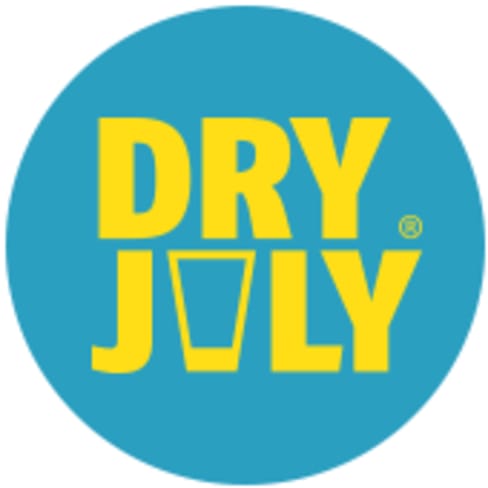A room in the Oncology Daystay ward at Auckland City Hospital is unable to accommodate larger bespoke chemotherapy chairs due to its small size. Patient feedback indicated that the ability to adjust chairs, including to an almost flat position, would be a significant improvement to the static hard chairs that were being used for treatment.
The ward has recently replaced the pre-existing chairs in this room that did not have the ability to be adjusted for patient comfort during treatment with plush Lazyboy chairs, using funds from Dry July.
The ward also purchased roller blinds. The location of Oncology Daystay has rooms exposed to the sun during the hottest times of the day and installing blinds on all 12 windows has significantly improved the patient environment for treatment.
The natural anxiety that patients can experience while receiving chemotherapy as well some drug side effects increases the risk of vasovagal episodes; heat is also a factor in this and the blinds assist in minimising this. In addition, there are several chemotherapy drugs that are light and heat sensitive and patients become concerned about the effectiveness of their chemotherapy drugs when rooms becomes hot.
(pictured: James Wright and Mohammed Zameer)





